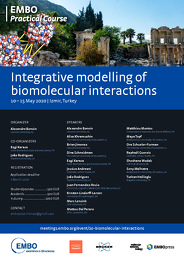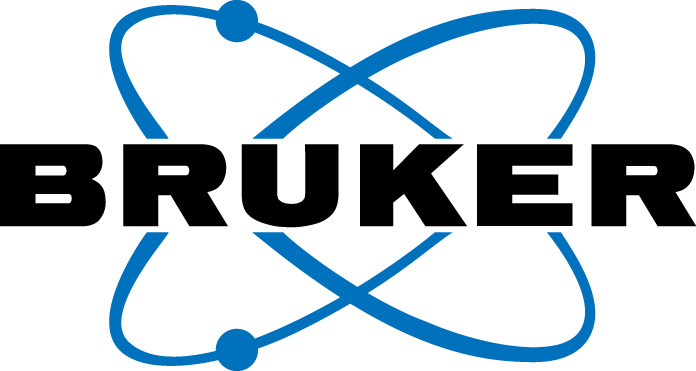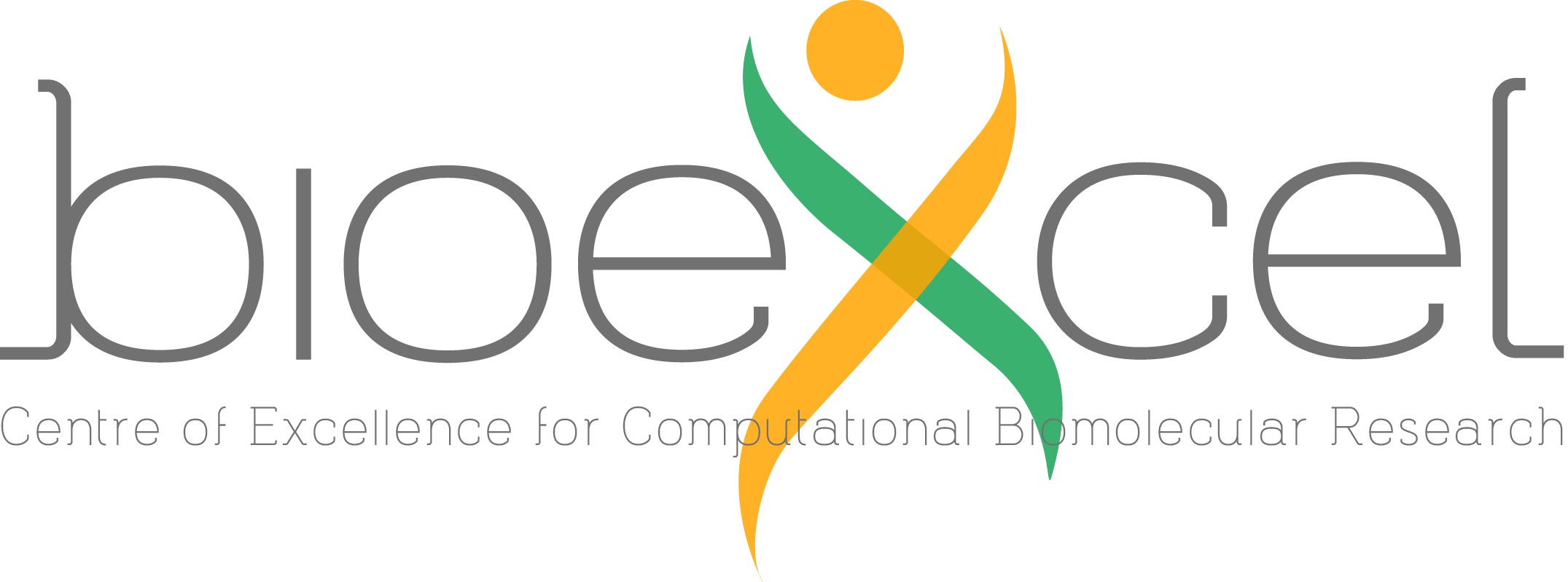About the Practical Course
Proteins and their interactions are the mainstays of any cellular process. Studying these interactions at atomic detail is invaluable, paving the route to a mechanistic understanding of biological function and providing the first essential step towards the development of new drugs. Because of the costs and challenges associated with experimental techniques, structural biologists often turn to computational methods.
This course will present docking-based computational methods and related bioinformatics approaches, aiming at predicting how proteins interact with other biomolecules or ligands. Lectures will provide the theoretical background on state-of-the-art algorithms for sampling and scoring docking models, describe the use of low- and high-resolution information, and conservation- and coevolution-based interface prediction methods. Further, to broaden the scope of the course beyond protein-protein interactions, we will cover protein-peptide docking, data-driven molecular simulations, and other relevant topics in the field, including modeling of large assemblies and membrane proteins. Roughly half of the course wil consist of practical sessions where the students will run computations on interesting biological problems. Finally, to encourage interaction between all participants and stimulate discussions, students will be prompted to present their own research, both in flash presentations and poster sessions, and bring their own research problems to dedicated troubleshooting sessions.
About EMBO Courses and Workshops
EMBO Courses and Workshops are selected for their excellent scientific quality and timelines, provision of good networking activities for all participants and speaker gender diversity (at least 40% of speakers must be from the underrepresented gender).
Organisers are encouraged to implement measures to make the meeting environmentally more sustainable.






